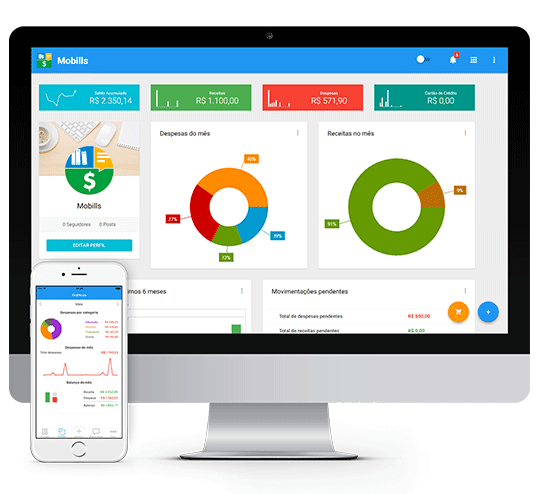

Human Rights Watch found that some of these indicators fail to fully capture the economic complexity of people’s lives. However, it acknowledged that families that own cars less than five years old or businesses worth 3,000 dinars (US $4,200) or more are automatically disqualified. NAF emphasized that none of the indicators will, on their own, exclude a household from Takaful instead, each indicator is assigned a weight that stipulates its relative importance in the targeting process. Cash transfers are distributed to households deemed poorest, as available funding allows. For households that make the cut, NAF then applies an algorithm that uses 57 socio-economic indicators to estimate their income and wealth, ranking them from least poor to poorest.
#Moneydance connect to bank full#
In letters and discussions, the Jordanian government also shared key indicators the algorithm uses to make cash transfer decisions, but declined to provide the full list or the specific weights assigned.Īccording to Jordan’s National Aid Fund (NAF), the social protection agency administering Takaful, it first assesses whether applicant households have met basic eligibility criteria for the program, such as whether they are headed by a Jordanian citizen and living under the poverty line. Human Rights Watch conducted 70 interviews, including interviews with 36 individuals or families who had applied for Takaful and other social assistance programs, as well as social protection experts, civil society groups, activists, and Jordanian government officials. Instead, it should establish a universal social protection system, ensuring that everyone receives income support at key moments throughout their lives. The World Bank and the Jordanian government should phase out targeting cash transfers based purely on income and socio-economic status, Human Rights Watch said. “The World Bank should not let the promise of better data and technology distract from social protection reforms needed to give everyone the chance to lead dignified lives.” “Many people in Jordan are not getting financial support because their hardships don’t fit an algorithm’s rigid model of what poverty should look like,” said Amos Toh, senior technology and human rights researcher at Human Rights Watch. Poverty-targeted programs, which the World Bank has funded in Jordan and seven other countries in the Middle East and North Africa, are depriving many people of their right to social security even as they go hungry, fall behind on rent, and take on crippling debt. The program has since been renamed the Unified Cash Transfer Program. The 74-page report, “ ‘Automated Neglect’: How The World Bank’s Push to Allocate Cash Assistance Using Algorithms Threatens Rights,” details how an automated cash transfer program in Jordan commonly known as Takaful (a word similar to solidarity in Arabic) profiles and ranks the income and well-being of Jordanian families to determine who should receive support – an approach known as poverty targeting. (Amman, June 13, 2023) –An automated cash transfer program in Jordan developed with significant financing from the World Bank is undermined by errors, discriminatory policies, and stereotypes about poverty, Human Rights Watch said in a report released today.

© 2023 Brian Stauffer for Human Rights Watch


 0 kommentar(er)
0 kommentar(er)
